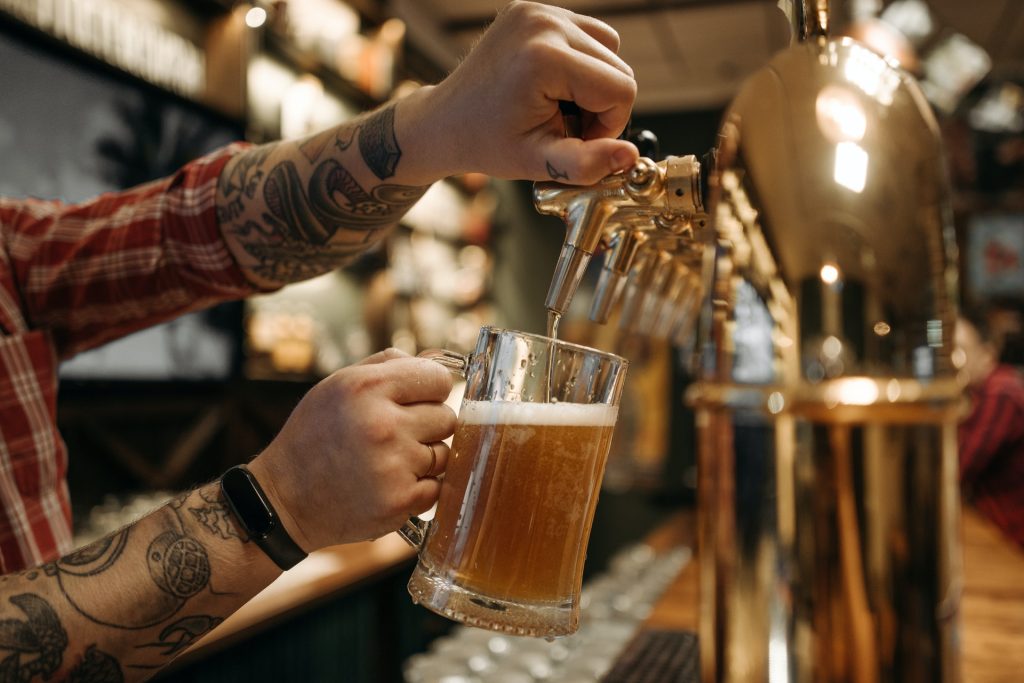
Researchers have found that, out of possible triggers they tested, only alcohol use was consistently associated with more episodes of atrial fibrillation (AF). The study, published in JAMA Cardiology, did not find that the other triggers, caffeine, sleep deprivation and sleeping on the left side, to be associated with the common heart condition.
A surprising finding was that, although most of the things that participants thought to be related to their AF were not, those in the intervention group still had less arrhythmia than the people in a non self-monitoring control group.
“This suggests that those personalised assessments revealed actionable results,” said lead author Gregory Marcus, MD, MAS, professor at University of California, San Francisco. “Although caffeine was the most commonly selected trigger for testing, we found no evidence of a near-term relationship between caffeine consumption and atrial fibrillation. In contrast, alcohol consumption most consistently exhibited heightened risks of atrial fibrillation.”
Although caffeine was the most commonly selected trigger for testing, we found no evidence of a near-term relationship between caffeine consumption and atrial fibrillation.
In a brainstorming session, patients had said researching individual triggers for AF was their top priority, giving rise to the I-STOP-AFib study, which enabled individuals to test any presumed AF trigger. About 450 people participated, 58% male and 92% white.
Participants used a mobile electrocardiogram recording device along with a phone app to log potential triggers like drinking alcohol and caffeine, sleeping on the left side or not getting enough sleep, eating a large meal, a cold drink, or sticking to a particular diet, engaging in exercise, or anything else they thought was relevant to their AF. While participants were most likely to select caffeine as a trigger, there was no association with AF. Recent research has similarly failed to show a link between caffeine and arrhythmias – on the contrary, investigators found it may have a protective effect.
The new study demonstrated that consumption of alcohol was the only trigger that consistently resulted in significantly more self-reported AF episodes.
The individualised ‘n-of-1’ testing method did not validate participant-selected triggers for AF. But trial participants did report fewer AF episodes than those in the control group, and the data suggest that behaviours like avoiding alcohol could lessen the chances of having an AF episode.
“This completely remote, siteless, mobile-app based study will hopefully pave the way for many investigators and patients to conduct similar personalised ‘n-of-1’ experiments that can provide clinically relevant information specific to the individual,” said Prof Marcus.

